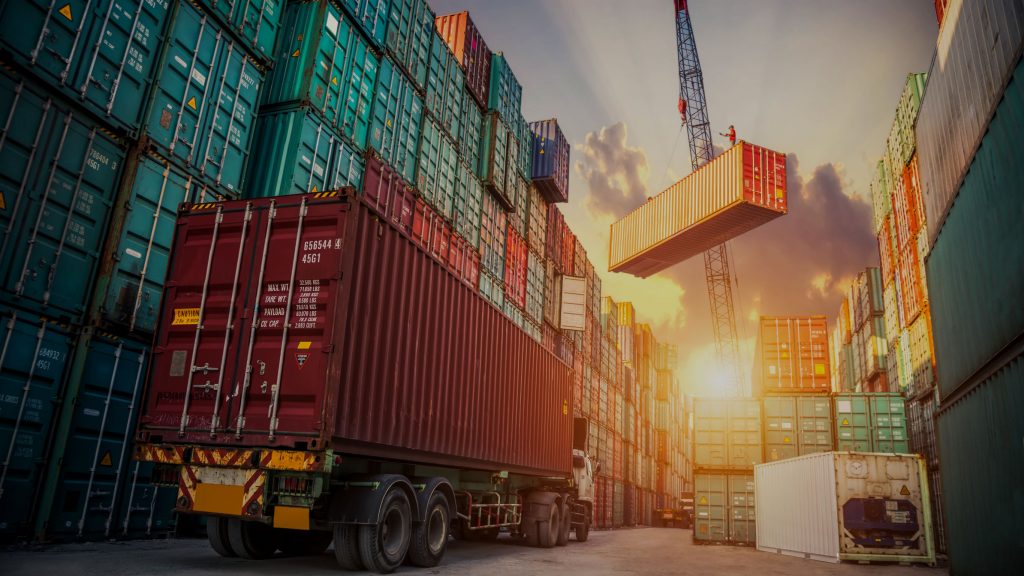The retail industry, a cornerstone of the global economy, relies on a highly intricate and multifaceted system of logistics to ensure that products seamlessly transition from the manufacturing floor to the consumer’s shelf. This journey, often underappreciated by the average shopper, encompasses a myriad of complex processes, each designed to optimize the supply chain and ultimately provide customers with the products they desire. At the heart of retail logistics is the process of supply chain management, a meticulous and dynamic orchestration of resources, information, and activities aimed at delivering goods efficiently. It starts with manufacturers who must produce the right quantity of products, ensure their quality, and package them securely for shipment. Once produced, these goods embark on a journey to distribution centers, where they undergo quality checks, sorting, and repackaging to match the specific requirements of individual retailers. Efficient transportation is pivotal in retail logistics, as products must travel across vast distances to reach their final destination.

In this stage, the choice of transportation mode whether by truck, train, ship, or plane—plays a significant role in determining delivery time and cost. Globalization has also impacted retail logistics, with many products sourced from various parts of the world. This necessitates comprehensive international shipping processes, involving customs, tariffs, and compliance with a myriad of regulations. Warehousing, a key component in retail logistics, is where goods are stored and managed before they make their way to store shelves. Modern warehouses are equipped with advanced technology, such as automated robots and inventory management systems, to optimize storage, retrieval, and distribution of products. This ensures that retailers have the right products in the right quantities at the right time, helping to minimize both overstock and under stock situations. Once the products arrive at the retailer’s store, the logistics process does not end there. Store employees are responsible for stock management, product display, and restocking.
Technology like RFID Radio-Frequency Identification and inventory management systems assist in keeping track of inventory levels and helping employees make informed decisions about restocking shelves. The rise of e-commerce has further complicated the world of retail logistics. Online retailers must navigate the intricacies of order fulfillment, which involves picking, packing, and shipping individual customer orders role of logistics companies. They also face challenges related to managing returns and processing them efficiently. In conclusion, retail logistics is a multifaceted and dynamic field that bridges the gap between manufacturing and consumer demand. It encompasses supply chain management, transportation, warehousing, and in-store operations. The success of retail logistics directly impacts customer satisfaction and a retailer’s bottom line. In an ever-evolving retail landscape, staying at the forefront of logistics innovation and technology is crucial for ensuring products journey from ship to shelf as seamlessly as possible, meeting the demands of consumers in an increasingly interconnected and fast-paced world.
